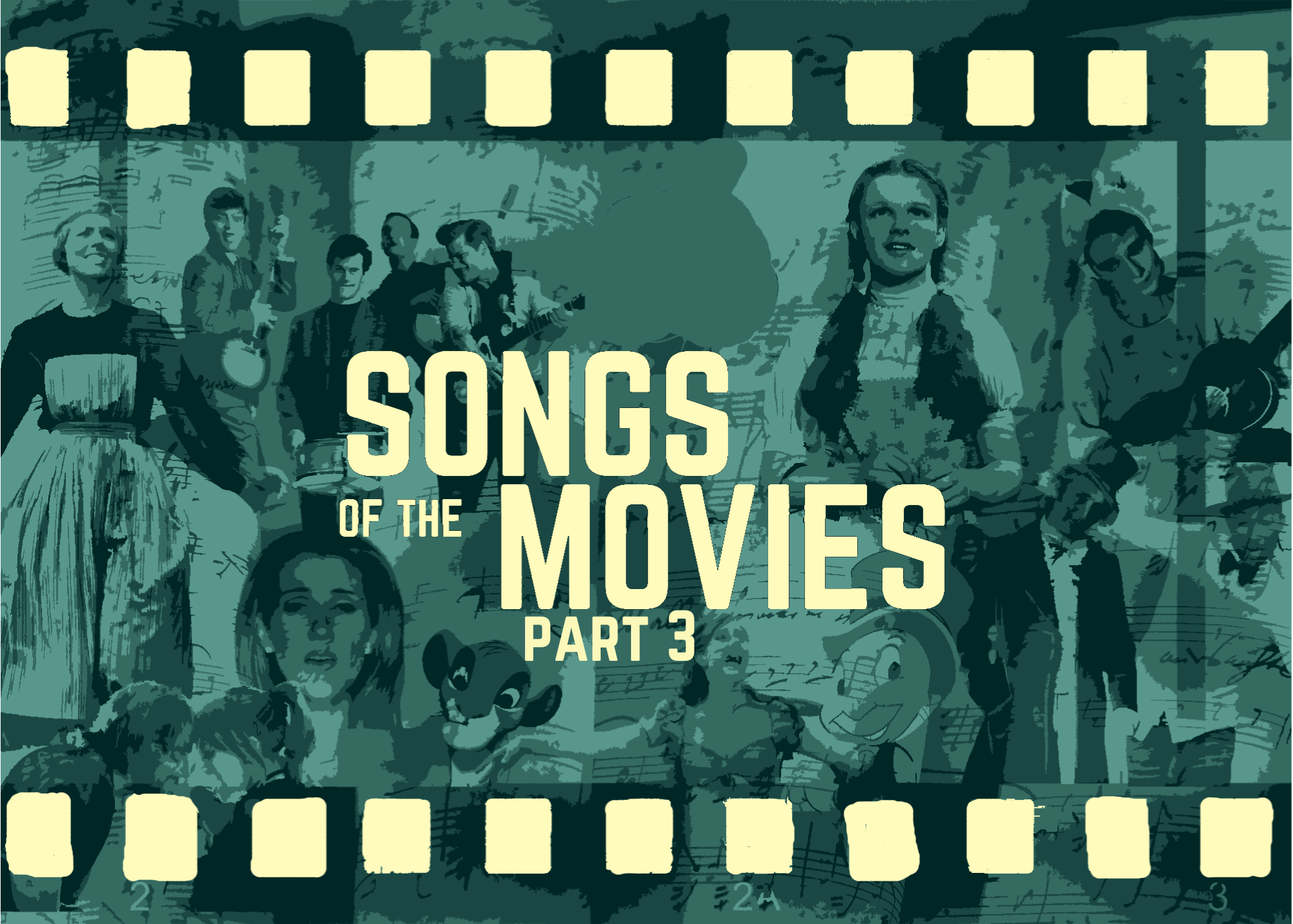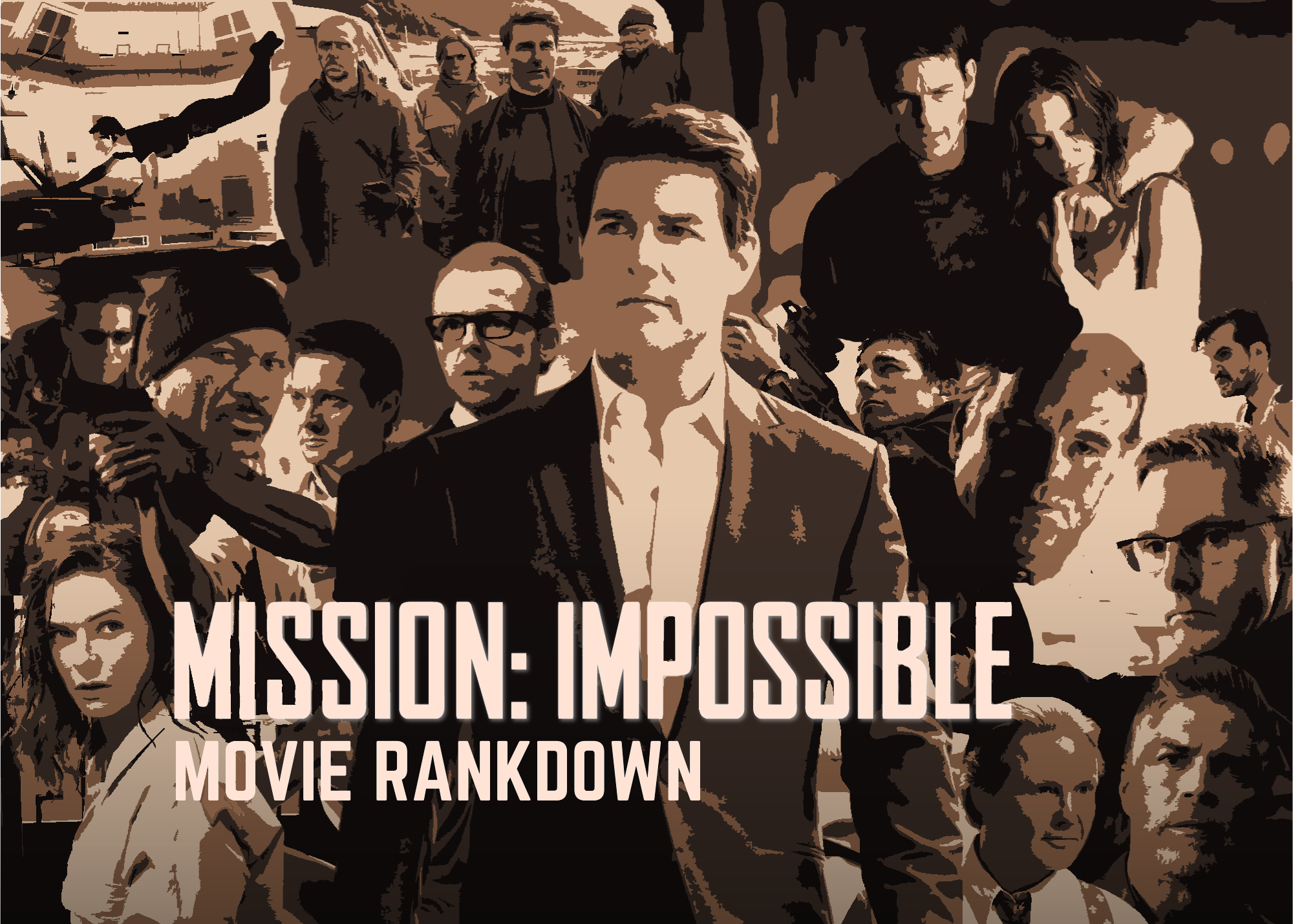Retrospective: "The Deer Hunter" Is An Emotional Gut Punch - Even If By Accident
Michael Cimino's 1978 Best Picture winner occasionally misses the mark, but it's reflection on Vietnam is still worth our time.
RetrospectiveWhat is war? Hollywood often tells us it's bad — a truly profound and riveting concept — but they rarely seek to tell us what it actually is. Is it the unrooting of human idealism, where the idea of mankind’s inherent good is vanquished in fire and blood? Is it an unfortunate but necessary reality of existence because some people are evil and act upon it unchecked, so we must exact a staggering personal to stop them? Is it a design of corporate greed, a shadow cast through the skies of human decency to unveil the darkness within us?
The Deer Hunter never tries to answer any of these questions. It does more to show that war does things and is things and implies things, forcing people into things that affect things in ways that have horrible consequences. Yet, for its abstract certainty, it doesn’t seem particularly certain of anything.
It says quite a bit that we can be so sure of ourselves without the whole truth and be willing to indulge in extreme measures to resolve it. It is the very foundation of war, more so than the corporations that stand to profit from it or the politicians that exploit it to gain the favor of their constituents: war is of the people, by the people, and in a twisted way, for the people. It is a design entirely of our own creation, fueled by broad assessments of human virtue and objective morality. All the ravaging of nature aside, it’s a singularly human enterprise, felt directly by us from the front lines to the homefront. It’s a feast on nationalism one moment and the folly of patriotism the next. It unites us, as its purveyors want. It divides us, as its purveyors want. In the end, it destroys us, as its purveyors want.
This is the truth centered in Michael Cimino’s acclaimed Vietnam epic: that war is not only a fruitless endeavor that deals in arbitrary tragedy but one that eternally echoes the sentiments heard forty years earlier in Gone with the Wind: “most of the miseries of the world were caused by war, and when the wars were over, no one ever knew what they were about.”
In the jungles of Vietnam, in an elevated hut at the mercy of the Viet Cong, Michael Vronsky and Nikanor “Nick” Chevotarevich, childhood friends from a steel town in Western Pennsylvania, are forced into a game of Russian Roulette. Their friend Steven is locked in a water dungeon overflowing with corpses. To ensure their escape, Michael urges Nick to play with more bullets in the chamber. Round by round, a terrified Nick spirals into tearful hysteria while Michael remains collected in their daring plot for freedom.
The attempt at metaphor is apparent, but the metaphor itself is not. If it’s the horror of war, this horror never happened. There are no records of Russian Roulette in POW camps during the nearly two-decade conflict. If it’s how sanity gets corrupted by senseless brutality, then we didn’t need a game of Russian Roulette to tell us that. If it’s how senseless war is altogether, then the fact there are people like this, able and willing to inflict torture and death both in isolated incidents and on massive scales, invites the notion that armed conflict is necessary if such brutality goes unchallenged.
For better or worse, this is The Deer Hunter. It aims at themes it does not wholly understand, dissects realities it does not genuinely empathize with, and appeals to people who would have been a willing ear in 1978 but will turn away in 2023.
The movie begins with a 45-minute sequence depicting Steven's wedding day. It's the foundation of the thematically recurring loyalty, from Mike’s emotional visit to a disabled Steve at the VA hospital back home to his desperate search for a crazed, drug-addicted Nick at a Russian Roulette game in Vietnam.
What of it? Does it mean something about the trials of war that one man can, not despite it, but in some ways because of it, feel a sort of cosmic pull towards the very men with whom he suffered? Does it say something about human nature that, although the mind can get warped by bloodshed and the body ripped apart by combat, a man's heart can still shine through?
Cimino doesn’t know. There is no individuality to the specific relationships, let alone the collective. It’s the same as any group of small-town friends reveling in the last days of their youth before it's stripped away. They’re reckless, playing chicken with a truck down a narrow, rain-slicked street. They’re rowdy and disorderly, knocking back drinks the second the ceremony begins and drunkenly storming out of a bar long after it's over.
Where is the specific bond between Mike and Nick that, in many ways, defines the movie? Is it atop the mountain on the group’s final deer hunt, where Nick seems the sole sedative to Mike’s fury over Stan’s entitlement to his property? No. His attempts at solace prove ineffective: Mike still chastises Stan and refuses to let him borrow his boots. With all this seeming principle of friendships that only exists in the abstract, one must ask: to what exactly is Mike so loyal?
The friends are friends because they sing a familiar song in a bar together. The war is brutal because the POWs get forced into barbaric games of life or death. Mike shoots a deer just before he, Nick, and Steve ship out to Vietnam, an in-the-moment death of innocence, but by the movie’s end, a clumsy attempt at underscoring the effects of war when he fails to do so once home. If you cannot grasp the meaning of a scene, Cimino will insist it be shown until you do, like when Nick sits at a window in the VA hospital in Vietnam, vocally crippled by the trauma he has endured.
None are particularly effective; they’re too obvious to mean anything. In 1978, when film had committed to being unapologetic in its loathing of the principles the previous generation had built the nation on, a true novelty in an art form once deferential to nationalist ideals, this was impressive. The heavy-handedness seemed courageous and daring. All these years later, it feels hollow and vapid.
When Michael returns, this earnestness mostly melts away, leaving a compelling human drama to explore. His hardships adjusting to civilian life feel truthful in a way the rest of the movie doesn't. He can’t bring himself to attend a coming home party, choosing instead to find solitude in a dingy motel room outside of town.
When he returns, he seeks out unrequited love Linda, reuniting in a stilted, uncomfortable conversation that ends in a silent gesture of walking her to work. It’s the small ways Mike seeks to find himself again: no teary monologues on the horrors of war here. There is the occasional “I feel a lot of distance, and I feel far away” or the risk of his friend’s life in a momentary rage that rings hollow. But those histrionic attempts at saying something aside, The Deer Hunter manages to make us feel quite a lot.
Steve, now legless and without the use of an arm, has not returned to Angela since coming home. When Mike visits him, urging him to go home, he insists he “doesn’t fit."
It is a brief, sincere truth. His head does not spin with memories of river water infested with decaying corpses and dead rats. He doesn't cry out in self-pity over his loss of limb, bellowing at the unfairness of it all. He doesn’t fit. We need nothing else.
This self-realization anchors the finale when Mike returns to Vietnam. He tracks down the Frenchman who runs underground Russian Roulette games and makes him bring him to Nick. When they arrive, Nick is a ghost of his former self. His eyes are dark and empty. He has no clue who Mike is and is unresponsive to his attempts to snap him back to reality. The two play one final game. Mike tries to jog Nick’s memory and ultimately succeeds. Nick has one last moment of life before he echoes Mike’s “one shot,” recalling the hunting ability that ironically eluded Mike the last time he took to the forest. He pulls the trigger and dies.
For all the ineffective character development and contrived relationship-building, Cimino has struck gold in a crowded room in former Saigon by accomplishing the one thing all filmmakers must to carve out an indelible legacy, whether with one film or twenty.
It cannot be quantified or unearthed, but for one reason or another, and despite its faults, The Deer Hunter feels like so many things. It never feels like what it truly wants to be, but many things it does not try to be: it feels epic, though its thematic and visual scope is limited. It feels involving, though its characters are thin and its story commonplace. It feels heavy, although the stakes always feel lower than they should.
It’s the magic of movies: they can fail in many ways they try to succeed and succeed in many ways they don't. No one will leave The Deer Hunter with a more densely layered perspective on war. It won’t evolve your notions of friendship, loyalty, love, or honor. It won’t blow the door open on what we think is true vs. what’s true when our ideologies get tested, but in the end, for all a movie wants to say, nothing matters more than how it makes us feel, and by its own will or not, The Deer Hunter is a gut punch in the end.

76
Director - Michael Cimino
Studio - Universal
Runtime - 182 minutes
Release Date - December 8, 1978
Cast:
Robert De Niro - Staff Sergeant Michael Vronsky
Christopher Walken - Corporal Nikanor “Nick” Chevotarevich
Meryl Streep - Dr. Godwin Baxter
John Savage - Corporal Steven Pushkov
John Cazale - Stanley
Editor - Peter Zinner
Screenplay - Deric Washburn
Cinematography - Vilmos Zsigmond
Score - Stanley Myers

%20(13%20x%206%20in)%20(13%20x%204%20in).png)





































.png)






.png)